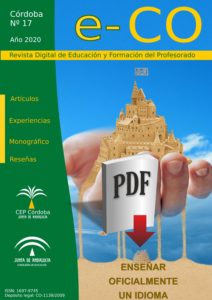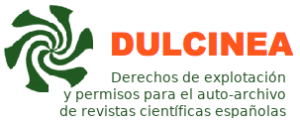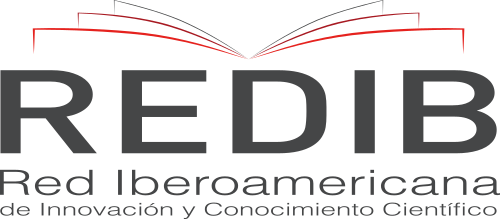AUTORES:
Pedro Blanco Cabello
Profesor de danza española del Conservatorio Profesional de Danza «Luis del Río» (Córdoba)
Mª Carmen del Río Orozco
Profesora de danza española del Conservatorio Profesional de Danza «Luis del Río» (Córdoba)
Resumen
En el décimo aniversario del fallecimiento de Juanjo Linares seria justo reivindicar su figura como maestro indiscutible de la danza tradicional y del folclore en general. Su amplio acervo cultural, y la poliédrica personalidad artística de Juanjo Linares como coleccionista, dibujante, coreógrafo…lo sitúan en la figura más relevantes del folclore a nivel nacional, razón por la que se propone profundizar en su figura para su reconocimiento y difusión en las nuevas generaciones de bailarines. La significativa labor formativa del maestro ejercida en el profesorado de los conservatorios andaluces, y el prestigio unánime que consiguió de la comunidad dancística de este País consideramos que son razones suficientes para recordarlo. Asimismo, queremos acercar este conocimiento a nuestra comunidad por lo que supuso su vinculación con nuestro centro en el giro que adquiere la materia de folclore a partir de la LOGSE. Por otro lado, este artículo tiene la finalidad de poner en alza dicha materia o forma de expresión dancística, lo que se traduce en lo que es la danza tradicional por el valor patrimonial que representa, reivindicando al mismo tiempo el papel de los Conservatorios en la conservación y transmisión de estos saberes.
Abstract
On the tenth anniversary of the death of Juanjo Linares, it would be fair to claim his figure as the undisputed master of traditional dance and folklore in general. His extensive cultural heritage, and the polyhedral artistic personality of Juanjo Linares as a collector, cartoonist, choreographer … place him in the most relevant figure of folklore nationwide, which is why he intends to deepen his figure for recognition and dissemination in the New generations of dancers. The significant formative work of the teacher exerted in the teachers of the Andalusian conservatories, and the unanimous prestige that he obtained from the dance community of this Country, we consider to be sufficient reasons to remember it. Likewise, we want to bring this knowledge closer to our community, which is why it was linked to our center in the field of folklore acquired from LOGSE. On the other hand, this article aims to raise this matter or form of dance expression, which translates into what is traditional dance for the heritage value it represents, while at the same time claiming the role of the Conservatories in the conservation and transmission of this knowledge.







